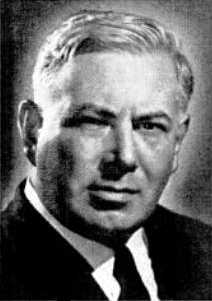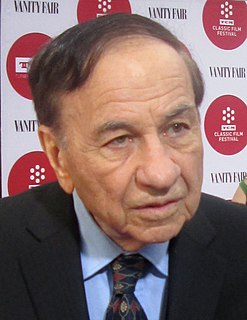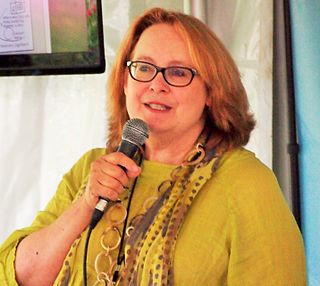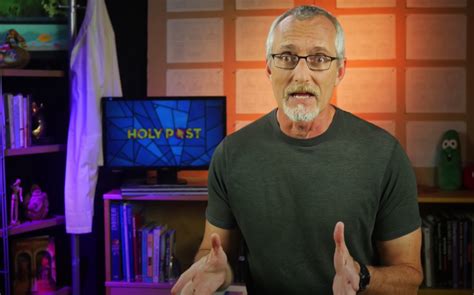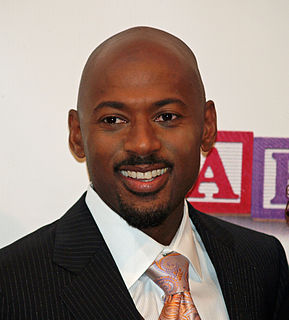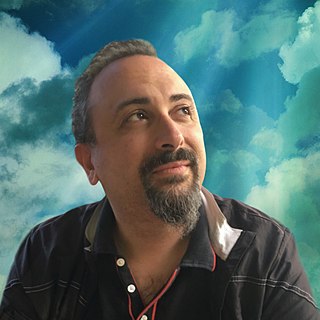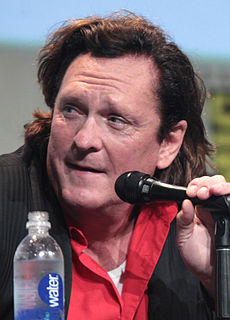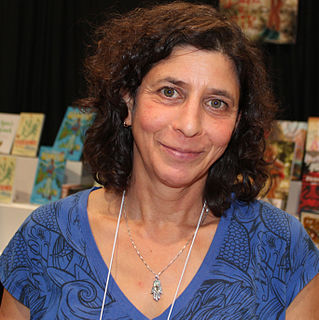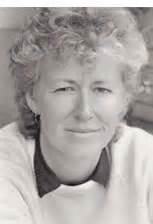A Quote by William Moulton Marston
It's too bad for us 'literary' enthusiasts, but it's the truth nevertheless - pictures tell any story more effectively than words.
Related Quotes
Telling the complete story of VeggieTales would require much more time than we have before us tonight. Since this is Yale, I decided to craft a shorter version of the story, using very large words. Remembering though that I was kicked out of Bible College before I'd had a chance to learn many very large words, I concluded that my only remaining option was to tell the story simply, using simple words, and chance the consequences.
Nature is more subtle, more deeply intertwined and more strangely integrated than any of our pictures of her than any of our errors. It is not merely that our pictures are not full enough; each of our pictures in the end turns out to be so basically mistaken that the marvel is that it worked at all.
Who is telling us about the false self today? Who is even equipped tell us? Many clergy have not figured this out for themselves, since even ministry can be a career decision or an attraction to "religion" more than the result of an encounter with God or themselves. Formal religious status can maintain the false self rather effectively, especially if there are a lot of social payoffs like special respect, titles, salaries, a good self image, or nice costumes. It is no accident that the religious "Pharisees" became the symbolic bad guys in the Jesus story.
I hate irony, particularly when it is used because there isn't any message or to hide that someone hasn't any story to tell. Just like when someone only spews out a stack of cool words which don't mean anything and then has the gall to call it art. I always want to create a bridge between us and the listener, and I want it to be so that kids want to create for themselves a story or a context of the words.
More than conventional picture books, the notebook format allows me to leap from words to images, and this free-flowing back-and-forth inspires my best work. It reflects the way I think - sometimes visually, sometimes verbally - with the pictures not there just to illustrate the text but to replace it, to tell their own story.
